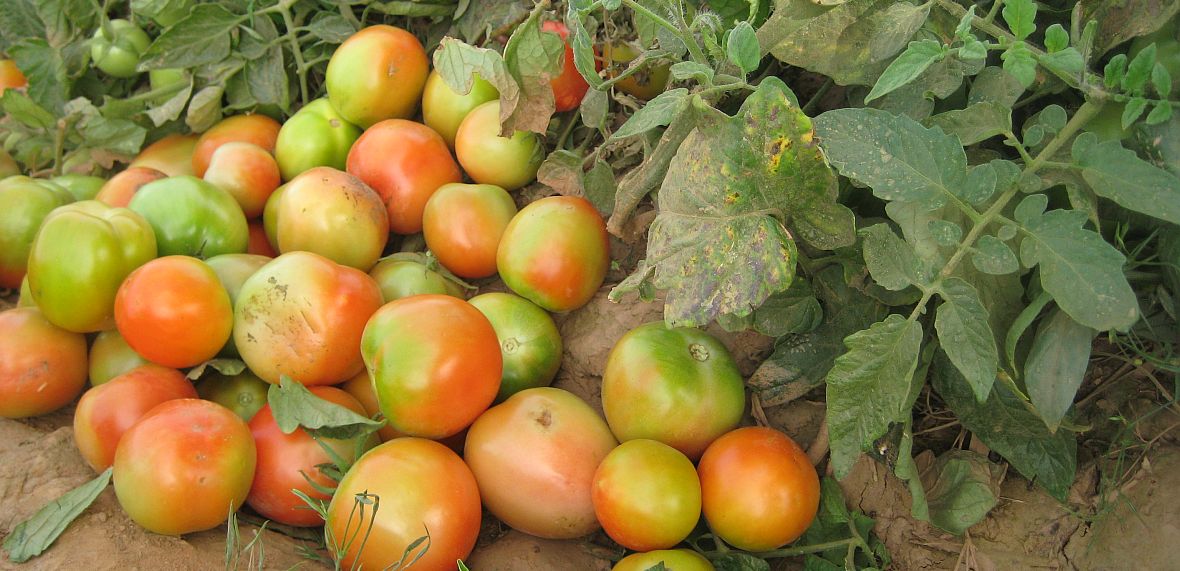The FSN & WEFE nexus program has been ongoing since 2015 through pilots in 11 countries in 4 African regions: Benin, Burkina Faso, Cameroon, Ethiopia, Lesotho, Malawi, Mali, Nigeria, Sudan, Uganda, and Zimbabwe. In 2015, country-wide dialogues were undertaken and country assessments were developed to identify country-level FSN & WEFE priorities in line with the Committee on World Food Security (CFS) High Level Panel of Experts on FSN (HLPE) Report. In May 2016, an initial workshop was held in Addis Ababa with all pilot countries to examine the results of the country assessments and the ensuing potential FSN & WEFE follow-ups, plan future program funding and priorities, and establish a roadmap.
Regional and country stakeholders of the participating countries in WAF (Benin, Burkina Faso, Mali, and Nigeria) continued the momentum to develop a Project Document for the region. The focus of the project is to foster a comprehensive understanding of FSN with a WEFE nexus approach and to promote partnerships which will in turn lead ECOWAS and the West African states to better embed this integrated approach in their strategies and plans. The project document contains the project results framework, which identifies outcome challenges, boundary actors, and progress markers. This results framework is integral for monitoring and evaluating progress of the program. This Project Document is also intended to be used for fundraising; for example, it will be submitted to the International Fund for Agricultural Development (IFAD) in 2017 as well as to other donors in the future.
- Primary Objectives and expectations
The workshop has the following primary objectives to support implementation. They are organized in six phases as follows:
Objective 1 Reach a common understanding of the WAF Project Document/Kick-off the Program
- Sub-objective: To build capacity and foster common understanding of the potential of WEFE nexus approach for FSN (Phase 1)
Objective 2 Inception of the Regional Guidelines (OC 1.1 WA. 1a)
- Sub-objective: To establish purpose, scope, and phases for the regional guidelines (Phase 2)
- Sub-objective: To build methodology for regional guideline inception, including roles and responsibilities & timeline (Phase 3)
- Sub-objective: To gather initial data on regional strategies/plans and acts (as bound by the scope and methodology) (Phase 4)
- Sub-objective: To set stage for Phase 5 (Development of the Regional Guidelines) and Phase 6 (Integration of WFEE nexus in regional and national strategies and plans)
